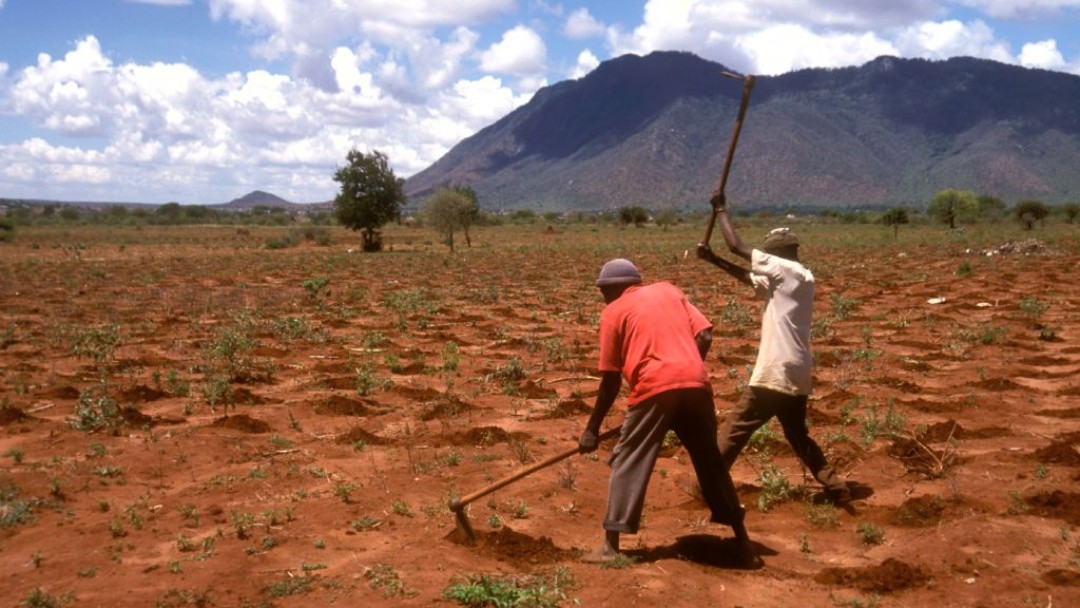News from 2017-10-12 / KfW Development Bank
KfW promotes the development of climate risk insurance
Insurance against climate-related risks to 400 million poor and vulnerable people

KfW and the Federal Ministry for Economic Cooperation and Development (BMZ) have launched a further component of the climate risk insurance initiative InsuResilience, which was initiated at the G7 summit, and aims to offer insurance against climate-related risks to an additional 400 million poor and vulnerable people in developing countries and emerging economies all around the world by 2020.
The InsuResilience Solutions Fund (ISF) is endowed with EUR 15 million and is to improve the range of climate risk insurance in developing countries and emerging economies. It is providing a portion of the funding for the development of new climate risk insurance products and the expansion of existing products for private households, companies and governments in developing countries and emerging economies affected by climate change. The ISF is thus making an important contribution to satisfying unfulfilled demand in the climate risk insurance sector.
Thomas Silberhorn, Parliamentary State Secretary at the German Federal Ministry for Economic Cooperation and Development said: "Tropical storms, flooding, droughts - extreme weather events can threaten livelihoods and undo any development progress that has been made, particularly in developing countries. In the event of damage, climate risk insurance policies provide help quickly. The fund enables us to bring the private sector, the scientific community and developing countries together for the first time, in order to develop customised insurance and financing solutions."
"The involvement of the private sector is of essential importance for the development of innovative and sustainable climate risk insurance products and contributes to satisfying unfulfilled demand", said Prof Dr Joachim Nagel, General Manager of KfW.
Climate risk insurance policies, such as the existing drought insurance (African Risk Capacity) help reduce the costs associated with extreme weather events and the accompanying financial and in some cases existential risks for poor and vulnerable population groups in developing countries and emerging economies. This enables the affected countries to increase their resilience to extreme weather events and to reduce their dependency on international emergency aid in the event of a disaster. However, only very few households, companies and governments in developing countries and emerging economies have access to adequate climate risk insurance, as appropriate insurance solutions have often not been developed or are not offered.
The ISF is promoting partnerships for climate risk insurance policies between developers (e.g. risk modellers, reinsurers and brokers) and/or providers and users (e.g. local insurance companies, aid organisations, NGOs or municipalities) of climate risk insurance products.

Share page
To share the content of this page with your network, click on one of the icons below.
Note on data protection: When you share content, your personal data is transferred to the selected network.
Data protection
Alternatively, you can also copy the short link: https://www.kfw-entwicklungsbank.de/s/enzBWrMC.BqoB
Copy link Link copied